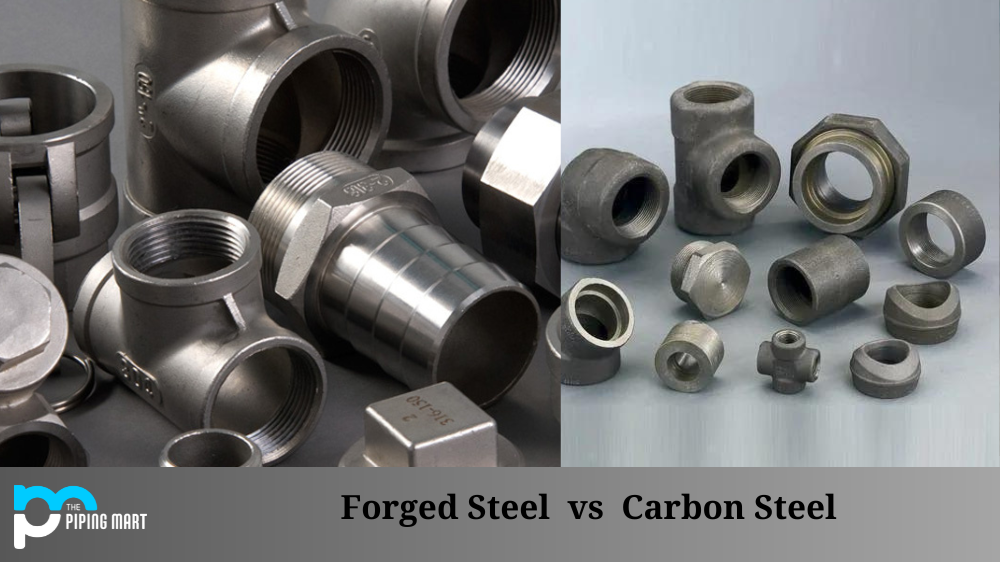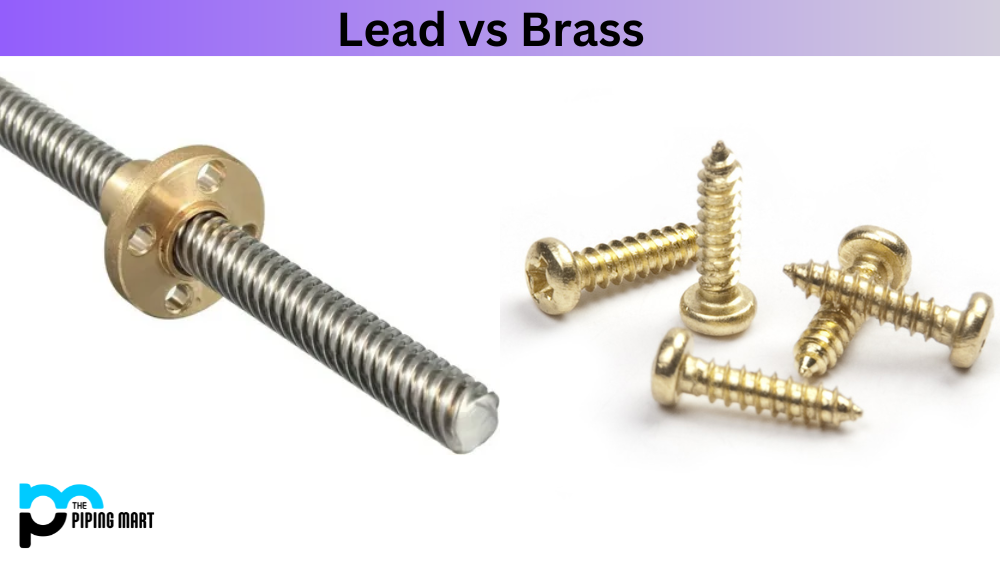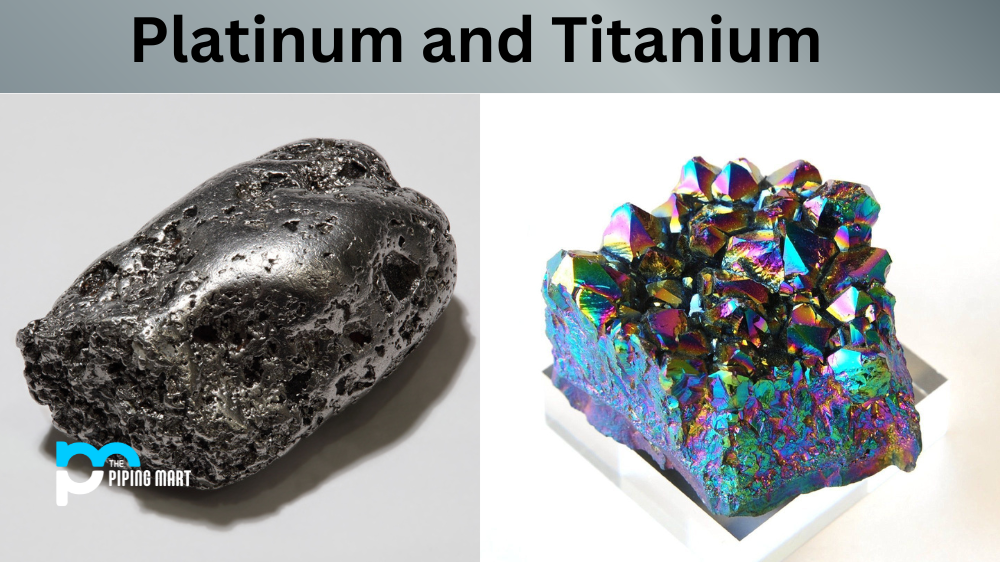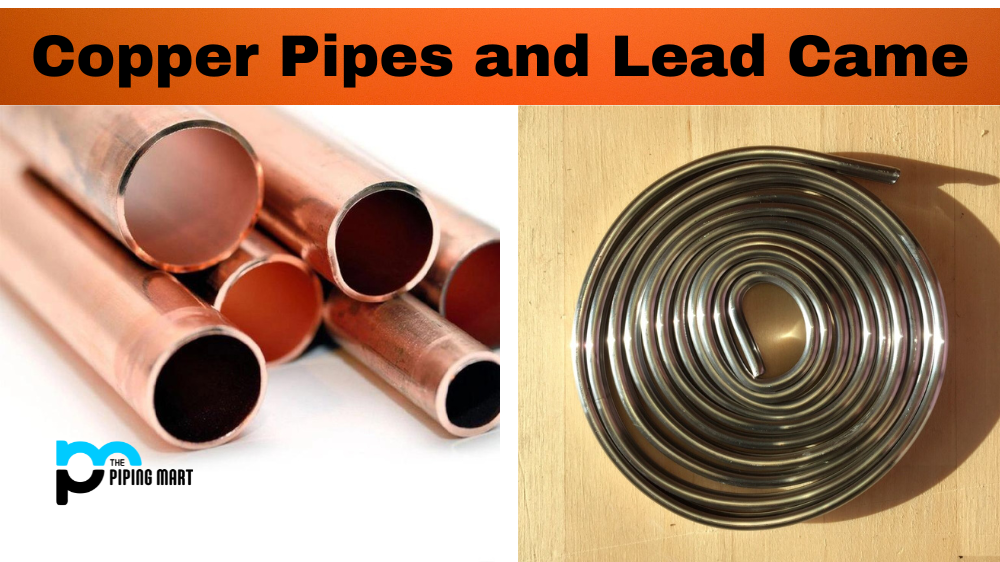When it comes to selecting steel for a specific application, you’ll need to consider the pros and cons of each type before making your decision. Specifically, forged steel and carbon steel are two of the most commonly used steel types with unique properties that make them ideal for different tasks. Let’s explore the differences between forged steel and carbon steel so you can decide which type is best for your project.
Forged Steel
Forged steel is an alloyed iron-carbon mixture that has undergone an intense heating process known as forging. This process creates a very strong and durable material with a higher tensile strength than regular carbon steel. It also increases its fatigue resistance, allowing it to be used in high-stress applications such as car engines or aircraft parts. Additionally, forged steel is corrosion-resistant and can withstand extreme temperatures without degrading performance. However, it is more expensive than other types of steel due to its specialized manufacturing process and limited availability.
Carbon Steel
Carbon steel is another popular choice for engineering projects because it is relatively inexpensive compared to other alloys and does not require special manufacturing techniques like forging. It also has good malleability, which allows it to be easily shaped into various forms without sacrificing its structural integrity. However, carbon steel has some downsides compared to forged steel; it has a lower tensile strength, which means it can fail under high-stress conditions and is more prone to corrosion if not properly treated or coated against oxidation.
Difference Between Carbon Steel and Forged Steel
- Forged steel is made by heating and hammering a piece of raw steel into the desired shape.
- Carbon steel is made by adding carbon to iron to create a new alloy.
- Forged steel is stronger than carbon steel due to the additional heat and hammering during its creation.
- Carbon steel is less likely to rust than forged steel, as the addition of carbon creates a protective layer around the iron.
- Forged steel is more expensive than carbon steel as it is a more labor-intensive process.
- Carbon steel is more widely available than forged steel, as it does not require the same level of specialized equipment.
- Forged steel is better suited for applications that require a high level of strength, such as construction or heavy machinery.
- Carbon steel is better suited for applications that require corrosion resistance, such as food preparation or storage.
- Forged steel has a shorter lifespan than carbon steel, as it is more susceptible to wear and tear over time.
- Carbon steel is more recyclable than forged steel, as it does not need to be melted down to be reused
Conclusion:
When deciding between forged steel and carbon steel, you’ll need to consider their advantages and disadvantages to determine which fits your needs best. Forged steel offers superior strength but at a higher cost, while carbons steel has good malleability but may not withstand certain conditions, as well as forged steel would. Ultimately, the decision will come down to what type of application you need the material for, so consider all factors before making your choice!

Pipingmart is B2B portal specializes in industrial, metal and piping products. Also, share latest information and news related to products, materials and different types grades to help business dealing in this industry.




